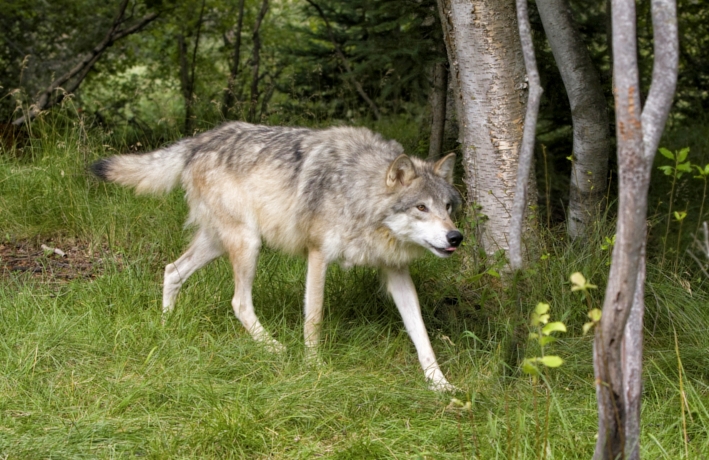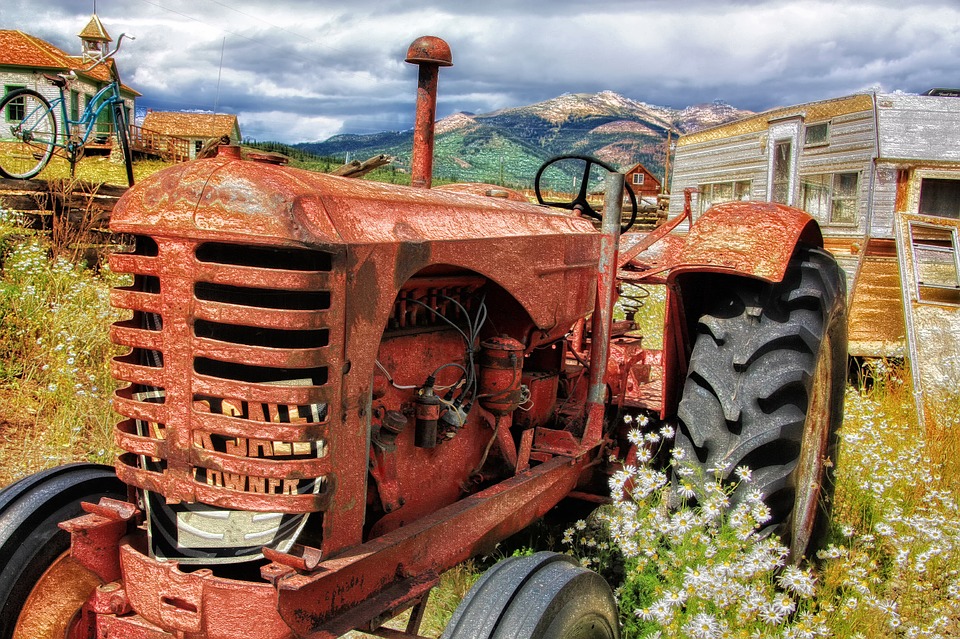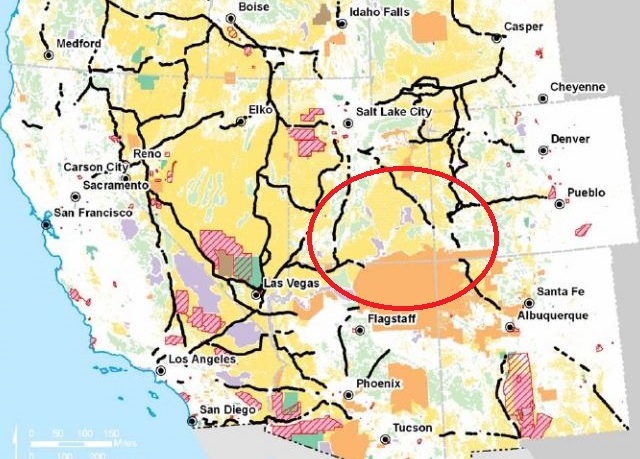The meetings are only the latest effort at outreach to ranchers by the Wolf Center, which has set up a range rider program with volunteers to help livestock producers determine if there are wolves in the area.
 YREKA, Calif. — A wolf recovery group that has sought common ground with ranchers is hosting another series of workshops in Northern California and Southern Oregon aimed at finding solutions to wolf-livestock conflicts.
YREKA, Calif. — A wolf recovery group that has sought common ground with ranchers is hosting another series of workshops in Northern California and Southern Oregon aimed at finding solutions to wolf-livestock conflicts.
The meetings, which start Nov. 11, will seek to merge ranchers’ expertise about their livestock and land with science-based knowledge of wolf biology and behavior, organizers say.
The workshops will be similar to those held in April to teach ranchers how to prevent depredation, said Karin Vardaman, the California Wolf Center’s director of wolf recovery.
“We learned a lot from the last workshop,” Vardaman said, noting that facilitators now have a better understanding of the area’s landscape.
“One of the critiques we heard … is that California is different,” she said. “What we’re doing is taking it and applying it to the relevant landscape of California and Oregon.”
The day-long workshops will be led by the Working Circle Collaborative’s Timmothy Kaminski, ranch manager and cow boss Joe Englehart and wolf specialist Carter Niemeyer, who have a combined 70 years of experience on wolf-livestock interactions, according to a meeting flier.
The three will lead discussions on such topics as understanding gray wolves and their behavior, recognizing areas and conditions that pose risks to livestock, finding ways to improve range and livestock production while avoiding conflicts with wolves, and understanding depredation investigations.
The meetings are only the latest effort at outreach to ranchers by the Wolf Center, which has set up a range rider program with volunteers to help livestock producers determine if there are wolves in the area.
State and federal protections make it illegal to kill or hunt wolves in California, even in the case of livestock depredation. Wolf advocates and state officials have been promoting nonlethal means of warding off wolves, including using guard dogs, motion-sensor lights, brightly colored flags or range riders or providing supplemental feed to livestock to keep them away from grazing areas when wolves are known to be present.
Each of the workshops is 9 a.m. to 4 p.m. and no registration is necessary. Here are the dates and locations:
• Nov. 11: Fort Jones Library, Fort Jones, Calif.
• Nov. 12: Holiday Inn Express, Yreka, Calif.
• Nov. 14: Holiday Inn Express, Ashland, Ore.
• Nov. 15: Bonanza Community Center, Bonanza, Ore.
• Nov. 16: McCloud River Mercantile Hotel, McCloud, Calif.
• Nov. 17: Inter-Mountain Fair and Event Center’s Heritage Room, McArthur, Calif.
• Nov. 18: Plumas Sierra County Fair’s Serpilio Hall, Quincy, Calif.
For information, email contact@workingcircle.org
Tim Hearden

*Free Range Report*



